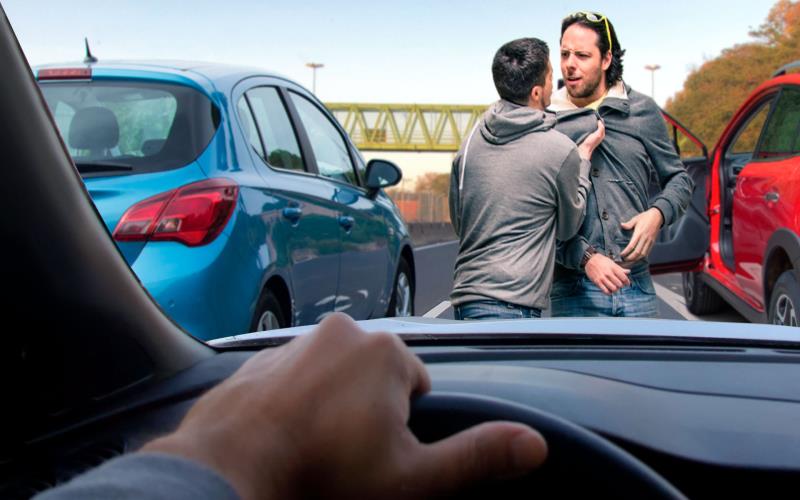Road rage accidents are usually caused by aggressive driving by one of the drivers because of his frustration with traffic and road situations. These have many disadvantages, and it is very dangerous for the perpetrator and the victims alike. You should know this term completely to take considerable action against the perpetrators. You will also need legal assistance in doing so, for which you should seek advice from an accident reckless driving ticket lawyer in new york.
How Situations Contribute To Road Rage Accidents?
Road rage accidents usually occur under specific circumstances. They are as follows: The most common road rage triggers are tree wagging, cutting, hitting, and rude gestures. These perceived incentives increase the tension and provoke aggressive responses from the drivers involved.
Road rage incidents tend to escalate through a variety of retaliatory behaviors fueled by anger and aggression among drivers. Minor conflicts can quickly escalate out of control, leading to dangerous behaviors such as reckless driving, chases, and physical confrontations.
Some Sociological Factors Also Contributes To Road Rage Accidents!
Some sociological factors significantly contribute to road rage accidents. They are as follows: Cultural norms that glorify violence and control, perpetuated by media portrayals in movies, TV shows, and video games, can justify aggressive driving behavior. This culture fuels personal road rage.
Increasing congestion on roads, especially in densely populated urban areas, increases stress among drivers. Frustration from traffic jams creates fertile ground for road rage incidents as drivers try to find less space on the road.
Individuals experiencing social inequality or feeling powerless may resort to aggressive driving as a way to assert control and authority in a perceived hostile environment.
How Does Human Psychology Contribute to Road Rage Accidents?
The biggest reason for road rage is human psychology, as it is the most challenging thing to understand. You need to know that to prevent that from happening to you and your friends. Elevated levels of stress, anger, or frustration can impair a driver’s judgment and lead to aggressive behavior on the road.
Individuals with poor anger management are more likely to engage in road rage incidents. Certain personality traits, such as impulsiveness, hostility, and self-absorption, contribute to more road rage. These tendencies lead individuals to perceive small stimuli as significant threats, increasing conflict down the road.
How To Prevent It?
Combating road rage requires a multi-pronged approach, including education, enforcement, and industry development. Public awareness campaigns emphasizing the dangers of aggressive driving, as well as anger management programs, can help reduce road rage.
Increased law enforcement efforts targeting aggressive driving and promoting responsible driving are needed. Furthermore, investments in infrastructure and traffic management strategies aimed at reducing road congestion and improving road safety can address stress-induced irritation on roads.

